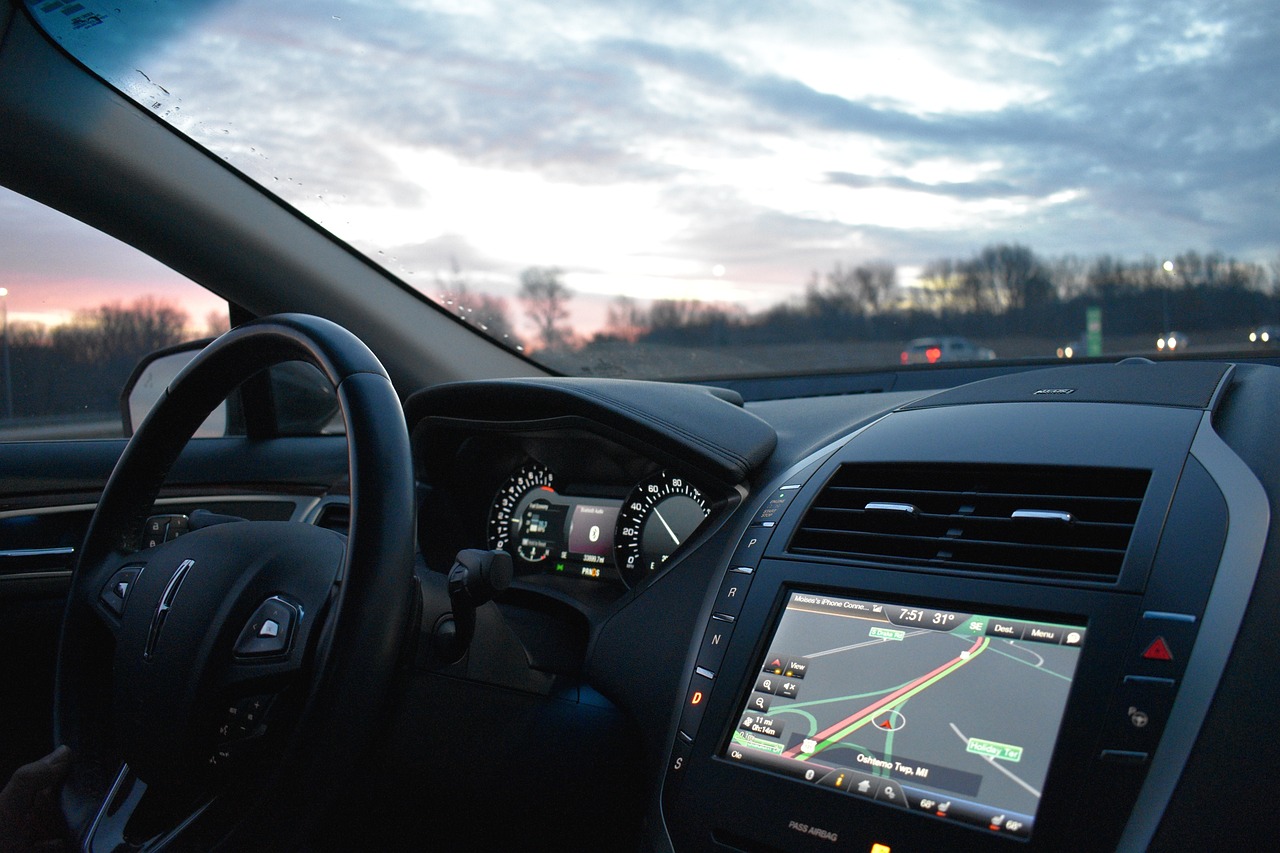Exploring the Ethics of AI: Bias and Fairness Issues
When it comes to artificial intelligence (AI), one crucial aspect that needs to be addressed is the presence of bias. AI systems are designed and trained by humans, and they can inadvertently inherit biases present in the data used to train them. These biases can lead to discriminatory outcomes, reinforcing and even exacerbating societal inequalities.
Ensuring fairness in AI requires a deep understanding of how bias can manifest in algorithms and how it can impact different groups within society. It is essential for developers and researchers to actively work towards mitigating bias in AI systems to uphold ethical standards and prevent harm to marginalized communities. By implementing transparency and accountability measures in the development and deployment of AI technologies, we can strive to create more equitable and just systems for the benefit of all.
The Impact of AI Bias on Society
The repercussions of artificial intelligence bias are far-reaching and have the potential to exacerbate existing inequalities within our society. As AI systems increasingly make decisions that impact individuals’ lives, it is crucial to address and mitigate bias to ensure fair and equitable outcomes for all. Failure to do so can lead to discriminatory practices, unjust treatment, and reinforcement of systemic biases in various sectors, including healthcare, criminal justice, and employment.
Moreover, the prevalence of AI bias can erode trust in technology and undermine public confidence in the use of AI systems. As society becomes more reliant on AI-driven solutions, it is imperative to prioritize fairness and transparency in algorithmic decision-making processes. By promoting diversity, inclusion, and ethical standards in the development and deployment of AI technologies, we can strive towards a more just and equitable society that harnesses the benefits of AI innovation without perpetuating harmful biases.
What is AI bias?
AI bias refers to the unfair or prejudiced treatment of certain individuals or groups in artificial intelligence systems.
How does AI bias occur?
AI bias can occur due to biased training data, flawed algorithms, or human bias in the design and implementation of AI systems.
Why is it important to address AI bias?
Addressing AI bias is crucial to ensuring fair and equitable outcomes in AI systems, as biased algorithms can perpetuate discrimination and inequality in society.
How can we mitigate AI bias?
Mitigating AI bias involves using diverse and representative training data, carefully monitoring AI systems for bias, and implementing fairness-aware algorithms.
What are the implications of AI bias on society?
AI bias can lead to discriminatory practices in hiring, lending, healthcare, and criminal justice, exacerbating existing inequalities and perpetuating social injustices.





